If you are in any way involved in the healthcare industry, you’re most certainly familiar with HIPAA, the Health Insurance Portability and Accountability Act of 1996. HIPAA is divided into two main parts: Title I protects health care coverage for workers and their families when they change jobs, and safeguards against discrimination in the healthcare marketplace. Title II, on the other hand, helps the consumer in a different way– its focus is on creating an efficient and standardized system for personal health information.
Though most know the basic details, for many communities on the long term care spectrum, two big questions remain–
- “Does HIPAA apply to me?”
- “What can I do to help ensure the Protected Health Information (PHI) in my custody is safe and compliant?”
Whether HIPAA applies to your community is a complicated question – first you must determine if your community is a Covered Entity (CE) as specified in the legislation. Here is a link to help you find out if HIPAA applies to your community.
While determining whether or not your community is subject to HIPAA, you will probably choose to err on the side of caution. If your community is already using an electronic record management software, like Medtelligent’s flagship product, ALIS (Assisted Living Intelligent Solutions), you’re already ahead of the game. Using a software like ALIS, which is a 100% cloud based SaaS product, means that there is nothing to install locally on your hard drives for the software to work. This type of software helps keep you compliant without much effort on your part – you have enough to worry about!
Though you’ll still need to focus on having robust policies and training regarding your community’s specific processes to protect PHI (including but not limited to not leaving files out in public view, not communicating resident medical information to other residents and limiting access to resident files to only people that absolutely need access), software can help ease the full burden of compliance in many key ways:
1. Physical versus Electronic Storage
At this point, there’s really no debate– physical storage of information is a liability. Not only does it take a lot of effort to lock up all sensitive information and keep it out of public view, but doing so puts all of your eggs in one unprotected basket! Any flooding, fire, other natural disaster or even human error (forgetting to put a file back in its secure spot) puts your residents’ information at risk. Binders can certainly be handy, but they aren’t inherently safe. Using a quality software limits your exposure in many ways. Your information is securely stored off-site, and redundant copies of all your data are produced and backed up regularly to ensure that, in the event of a major catastrophe, nothing will ever be compromised or destroyed.
2. Security
Using a software like ALIS provides numerous additional layers of protection to your PHI. A quality software solution will provide extensive external and internal data protection. This means encrypting all data while stored and backed up, firewalls, anti-virus measures and use of secure socket layer (SSL) technology to ensure the security of the entire flow of communication. SSL is the same technology used by financial institutions and governments to deliver secure information over the Internet, so you can rest easy that everything is safe.
3. Limited Access
An online assisted living platform should be able to limit access to data on a strict need-to-know basis. This is one of the signature components of the ALIS platform. ALIS has a vast array of customizable privacy settings so that communities can devise a specific plan for securing and limiting access to different levels of information. Furthermore, ALIS keeps an accurate log of page views, deletions, and any edits to saved data. Your AL software can also feature a register of your employees; you can see shift schedules, assignments and tasks, and monitor their activity on the platform. On top of all this, administrators can program swipe-card logins to limit staff access to sensitive information to just within the community.
If you’re a current ALIS user, we hope this post cleared some things up for you. If you aren’t an ALIS user, what are you waiting for? Get ahead of the curve! Schedule a demo or contact sales@medtelligent.com to get more information today.


